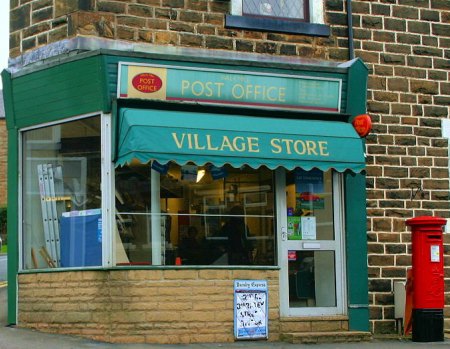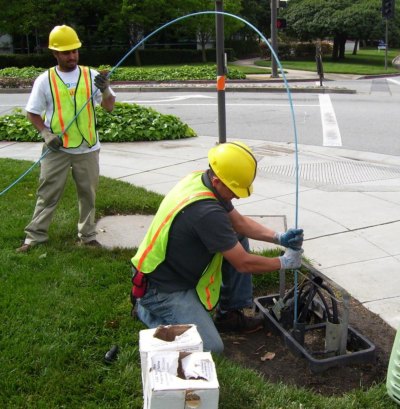Unemployment rises faster in the countryside
A new Government report has shown that the recession hits rural areas harder than urban ones


The Commission for Rural Communities' (CRC) latest report has revealed that unemployment rose considerably faster in the countryside than in urban areas during the peak of the recession last year.
In the second half of 2009, unemployment in rural areas rose by 73% to about 250,000 people or 5% of the working-age population. In comparison, in cities and towns, the unemployment level rose to just 39% or 1.7 million.
The report also shows that 25% of rural households are now in ‘income poverty', 5% more than the country as a whole.

The effect of the recession on the countryside included the closure of post offices, pubs and local schools, and continuing lack of services such as fast broadband connections, training opportunities and affordable housing has forced more young people to leave.
Dr Stuart Burgess, in his last report as the Government's chief advisor on the countryside, warned the new coalition Government not to neglect the countryside.
He noted that job losses were caused by the fall in farming incomes, loss of public sector organisations and the struggle for small businesses to survive.
Dr Burgess also acknowledged that £1.45 billion is contributed to the economy by the activities of people in rural areas, which will be lost unless the Government takes action, particularly on issues such as rural broadband.
Sign up for the Country Life Newsletter
Exquisite houses, the beauty of Nature, and how to get the most from your life, straight to your inbox.

He concluded: ‘Rural England has some huge strengths and none more relevant at this time than the enduring sense of community, which enables many communities to compensate for the lack of local services that their urban counterparts have taken for granted - for example, high-speed broadband.
‘Indeed, rural communities could provide models of how others can be empowered to do the same at a time of public sector retrenchment and austerity.'
In response, the Department for Environment, Food and Rural Affairs has promised to ‘champion the interests of rural communities'.
To comment on this article, use the comment box below, or email us at clonews@ipcmedia.com. Read more about the countryside
For more news stories like this every week subscribe and save
Follow Country Life on Twitter
Country Life is unlike any other magazine: the only glossy weekly on the newsstand and the only magazine that has been guest-edited by HRH The King not once, but twice. It is a celebration of modern rural life and all its diverse joys and pleasures — that was first published in Queen Victoria's Diamond Jubilee year. Our eclectic mixture of witty and informative content — from the most up-to-date property news and commentary and a coveted glimpse inside some of the UK's best houses and gardens, to gardening, the arts and interior design, written by experts in their field — still cannot be found in print or online, anywhere else.
-
 380 acres and 90 bedrooms on the £25m private island being sold by one of Britain's top music producers
380 acres and 90 bedrooms on the £25m private island being sold by one of Britain's top music producersStormzy, Rihanna and the Rolling Stones are just a part of the story at Osea Island, a dot on the map in the seas off Essex.
By Lotte Brundle
-
 'A delicious chance to step back in time and bask in the best of Britain': An insider's guide to The Season
'A delicious chance to step back in time and bask in the best of Britain': An insider's guide to The SeasonHere's how to navigate this summer's top events in style, from those who know best.
By Madeleine Silver